Red Bull:
The battle of Endor
Every ending is a new beginning. The 2014 Formula 1 season brought about many changes at Milton Keynes. The genius Adrian Newey decided to limit his involvement with the team to pursue other interests. The golden boy Sebastian Vettel fulfilled his childhood dream and moved to Ferrari. The season would have been difficult even without the engine mayhem that marked most of it.
Red Bull seemed confident when the hybrid turbo era started because they had a solid relationship with a partner that actively pushed for hybrid technology expansion in Formula 1. In 2015, the partnership disintegrated when it became evident that Renault were not willing to put the necessary resources to improve their engines. Ferrari ramped up its spending to compete with Mercedes and delivered constant PU updates in 2015. Renault barely fielded one change and seemed clueless in engine development.
The relationship with Renault had to end. The manner, in which the divorce happened, however, was far from optimal. Six months of bickering in the media and behind closed doors resulted in Red Bull Racing cancelling their 2016 contract with Renault. The only problem was that both Mercedes and Ferrari were so scared by the talent of Newey and his successors in the aerodynamic department in Milton Keynes that they refused to supply RBR with power units. Honda was never really an option as their 2015 engine was unspeakably bad and their works team McLaren vetoed supplying Red Bull Racing.
The last time TAG gave its name to an engine, it was a V6 turbo Porsche. Maybe the history is set to repeat itself with fellow Germans Audi?
At the end, Christian Horner and Helmut Marko got one back at Ron Dennis by luring away long-time sponsor TAG Heuer. The Swiss watchmaker will not only fund the team but will also give its name to Red Bull Racing’s 2016 engine. With no other option on the market, it will once again be a Renault, but it appears that RBR will have the freedom to develop the engine separately from the French manufacturer. The TAG engine plans, however, were confirmed very late in 2015 as they took a long time to hammer out, so Red Bull Racing will probably not be very competitive in the first half of 2016.
Youth
Not having RBR amongst the teams fighting for titles and champions is a shame, because they are really adding value to the sport. Their ‘gives you wings’ marketing is reaching a young audience that would otherwise not pay too much attention to Formula 1. And, despite losing Vettel to childhood dreams and an extraordinary wage, RBR has a very solid driver lineup. During his first season with the team, Daniil Kvyat narrowly beat Daniel Ricciardo in the drivers’ championship. Both Dani and Dan did their best to score solid results despite facing frequent PU-related retirements.
Both drivers deserve to be fighting for the world championship but the TAG/Renault scheme is only a temporary solution. Red Bull cannot build a power unit division overnight. They need a solid partner with experience in engine development. Interestingly enough, the last time TAG gave its name to an engine, it was a V6 turbo Porsche. Maybe the history is set to repeat itself with fellow Germans Audi?







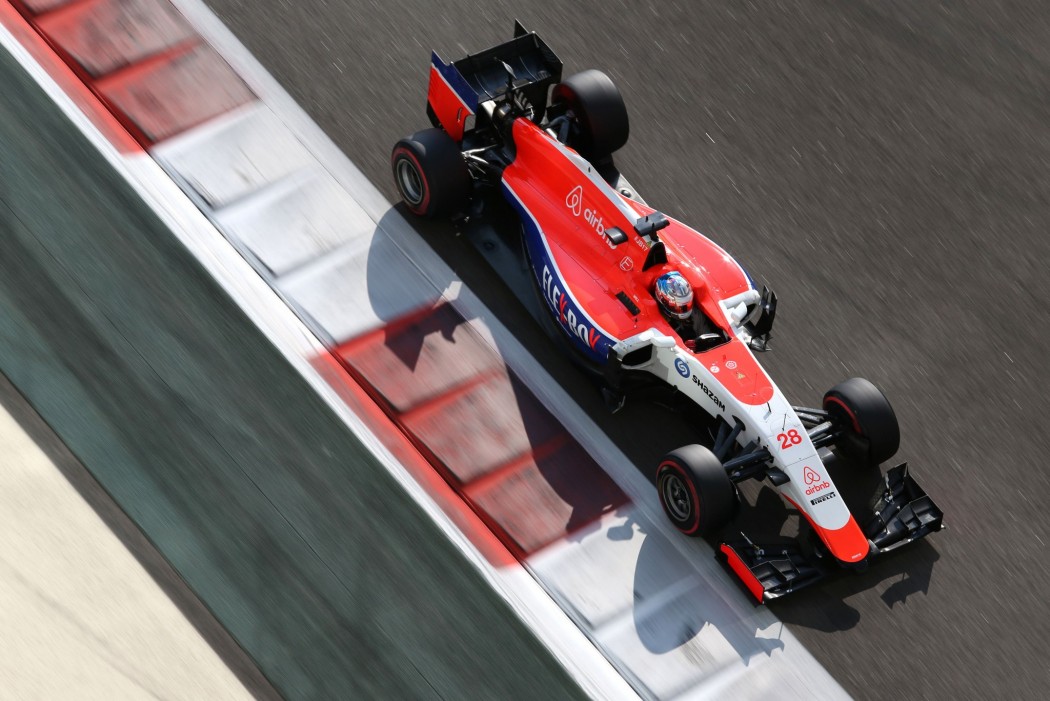





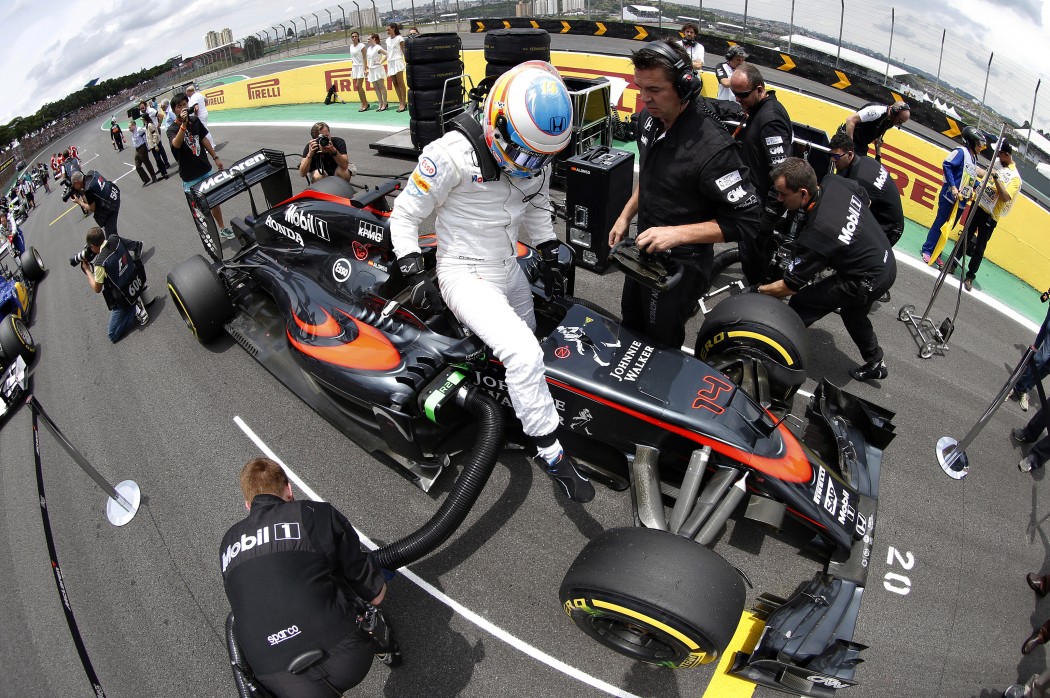



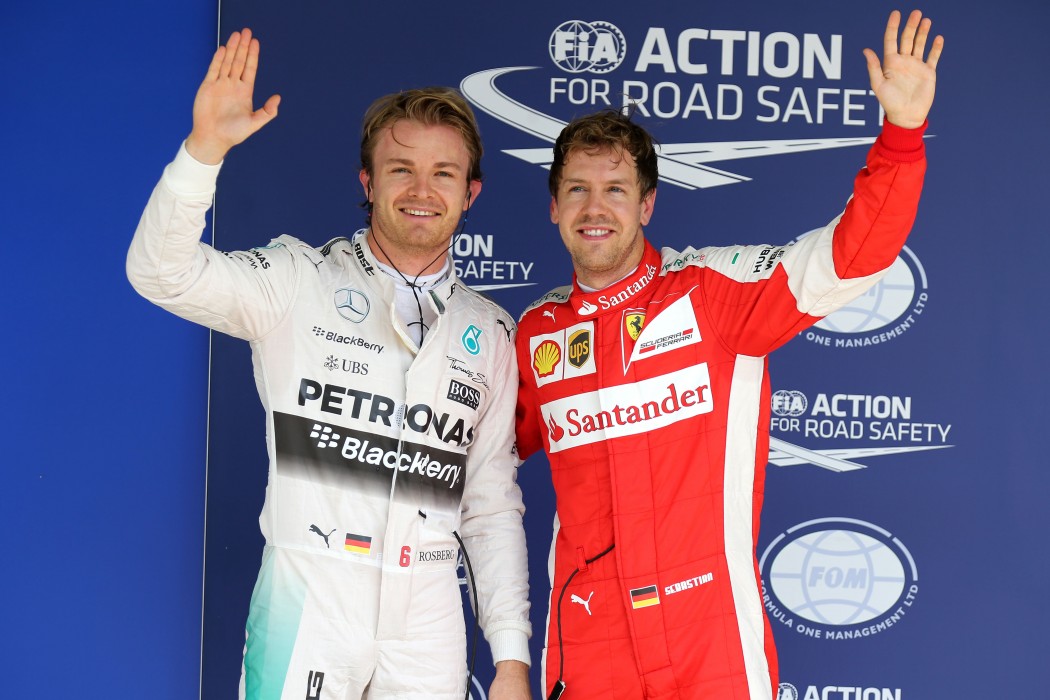




















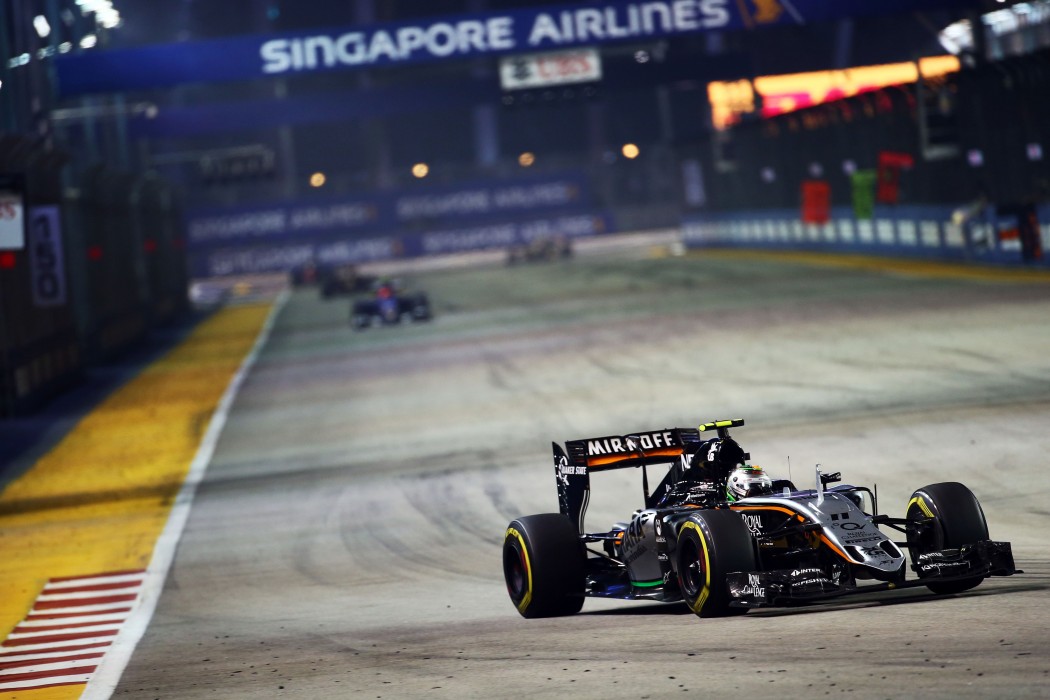
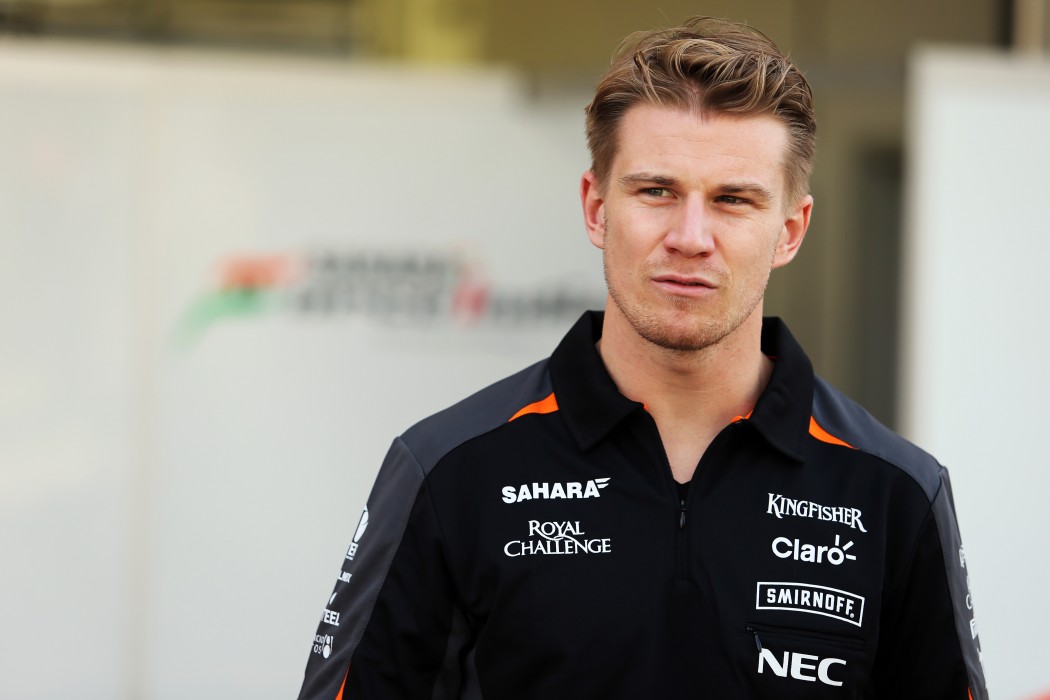

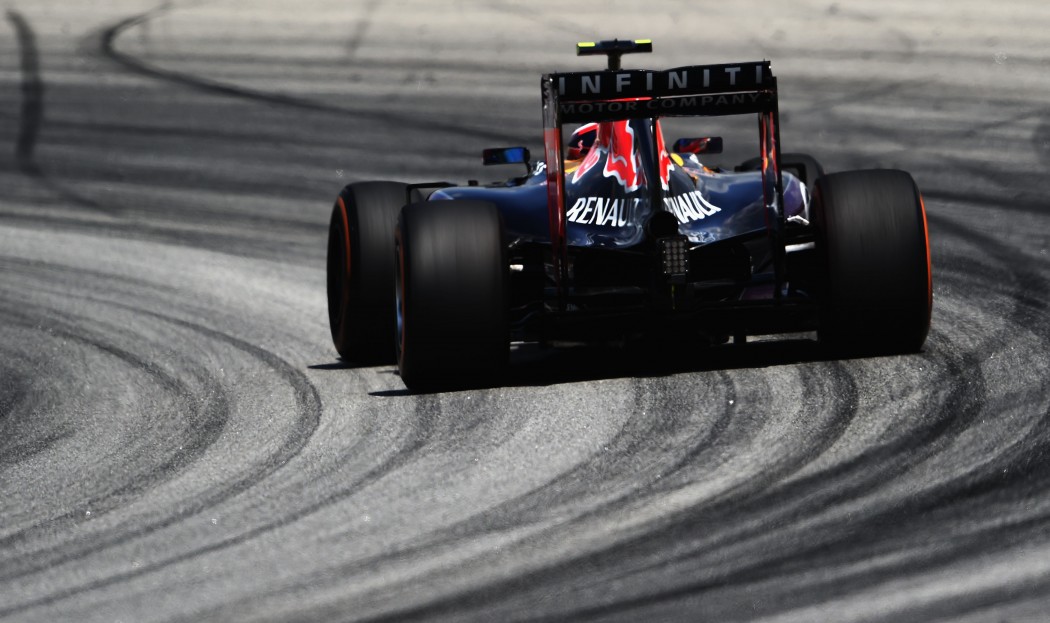








Related Articles